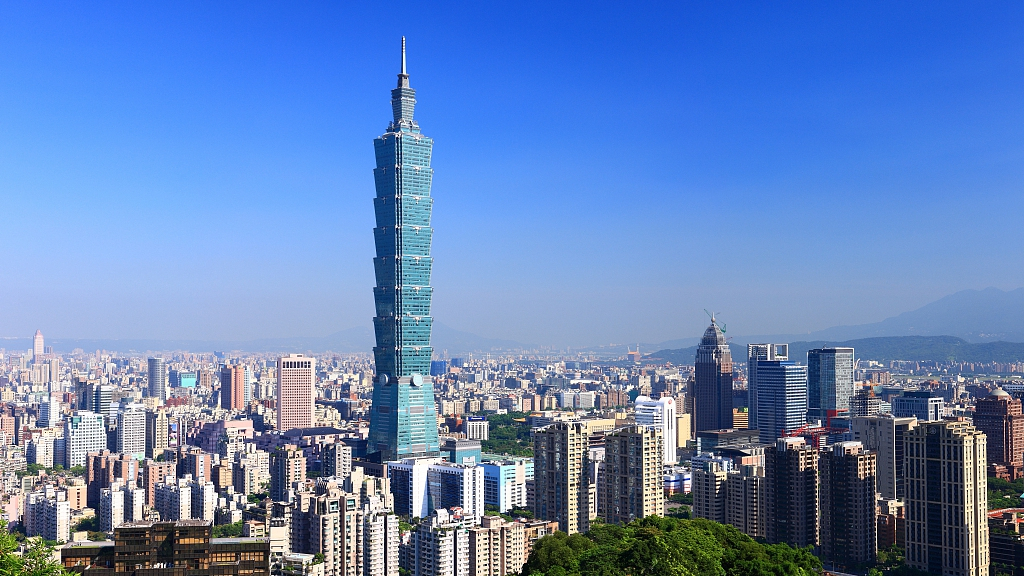
TAIPEI - Taiwan authorities are facing mounting backlash from academics, industry leaders, and labor groups over proposed trade concessions to the United States -- including zero tariffs on American imports, expanded procurement, and increased investment.
The pushback follows Washington's demand for "reciprocal tariffs," prompting Taiwan to offer sweeping concessions in ongoing negotiations. However, experts have warned that even if the island eliminates tariffs, the United States could still impose punitive duties, leaving key sectors vulnerable.
Lin Chu-chia, a professor of the Department of Economics at Taiwan's Chengchi University, called the Taiwan authorities' approach "completely wrong and very dangerous," noting that it misreads US intentions and ignores Taiwan's industry risks.
ALSO READ: Lai Ching-te's restrictive policies send chills to cross-Strait exchanges
If zero tariffs are granted, sectors such as agriculture and automobiles will suffer severe damage, he said, adding that even more troubling is the likelihood that other trading partners will demand the same treatment, leaving Taiwan with little leverage to resist.
An Economic Daily News report highlighted four industries at immediate risk: agriculture and fisheries, automobiles, health foods, and textiles.
Ho Shih-Chang, CEO of Xin Chuan Real Estate Think Tank, warned that Taiwan's eight sectors, including steel, petrochemicals, plastics and tobacco, could also face a "tsunami" of competition if Taiwan comprehensively reduces tariffs on US imported goods.
"We're terrified," said Chiu Shih-en, chairman of the Poultry Association of Taiwan, echoing fears among livestock producers over proposed zero tariffs on American imports. Pig farmers have also urged the authorities to "stop sacrificing farmers."
READ MORE: China lifts additional tariffs on US goods to 84% following US hikes
Labor unions, meanwhile, fear job losses. Ho Cheng-chia, president of Taiwan Solidarity Front Confederation of Trade Unions, said that tariff concessions could lead to layoffs and unpaid leave, urging the Democratic Progressive Party (DPP) authorities to negotiate with Washington based on the interests of Taiwan's 15 million workers, "not just out of the DPP's own interests."
Taiwan's authorities have also pledged to boost purchases from the United States, including farm and industrial goods, petroleum and gas, while encouraging firms of various sectors, including chipmaker TSMC, to expand investments.
But critics see desperation. A veteran journalist accused Taiwan authorities of "writing surrender terms before negotiations even begin," noting that Washington won't reciprocate.
Chang San-cheng, mayor of Taoyuan City, raised security concerns, noting that shifting core industries like semiconductors to the United States risks weakening and hollowing out Taiwan's semiconductor industry.
READ MORE: ‘Taiwan independence’ forces in death throes
With US tariffs looming, experts urge market diversification. Lin Chu-chia stressed restoring ties with the Chinese mainland to boost exports.
Hsu Wen-Chung, an associate professor of international business studies at Taiwan's Chi Nan University, advocated reviving cooperation across the Taiwan Strait based on the 1992 Consensus, tapping into the mainland's market and supply chains while reopening the island to mainland tourists and students.


